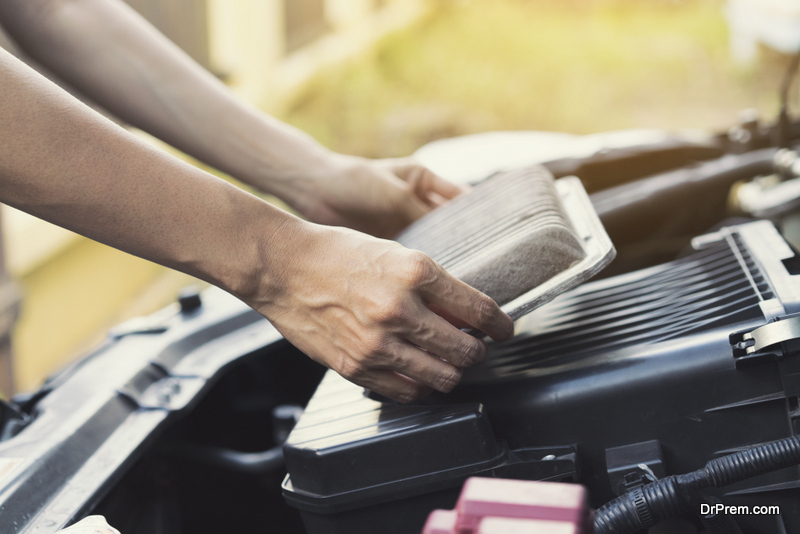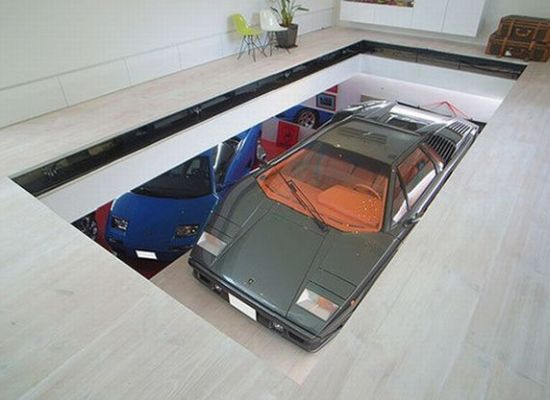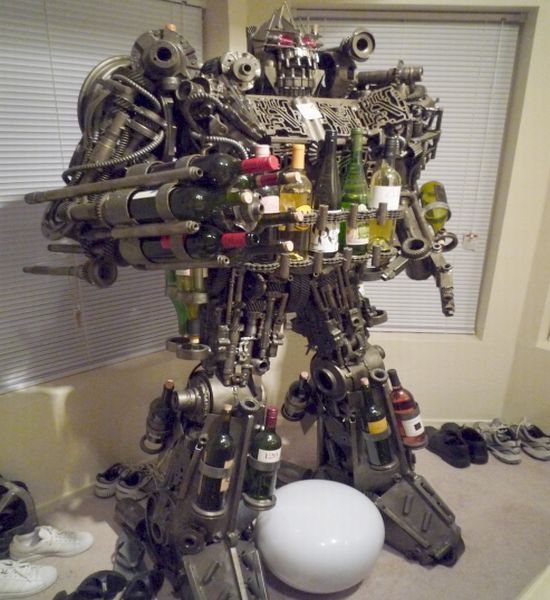Are you relying on your car for play, work, and safety? If so, you don’t need to be a wizard to know that car maintenance will make your car last longer.
And, let’s face it. It’s not just that your car will last longer and run happier. You will too. You won’t be up at night sweating over that little light you ignored. You won’t worry or ruminate over the fluid levels. With smart maintenance, you can have a well-working car, and peace of mind.
There are small mistakes in car maintenance that people make when life is busy. We all have been known to put off maintenance.
Why do we do it?
The most common excuses are:
“I don’t have time.”
“It didn’t look like much.”
“I thought I’d get to it later.”
If you notice that these phrases are cropping up in your daily life, take a moment. Do a quick review. How long has it been since you brought your car in for a maintenance check-up?
Let’s look at the top types of car maintenance.
1. Check Engine Light
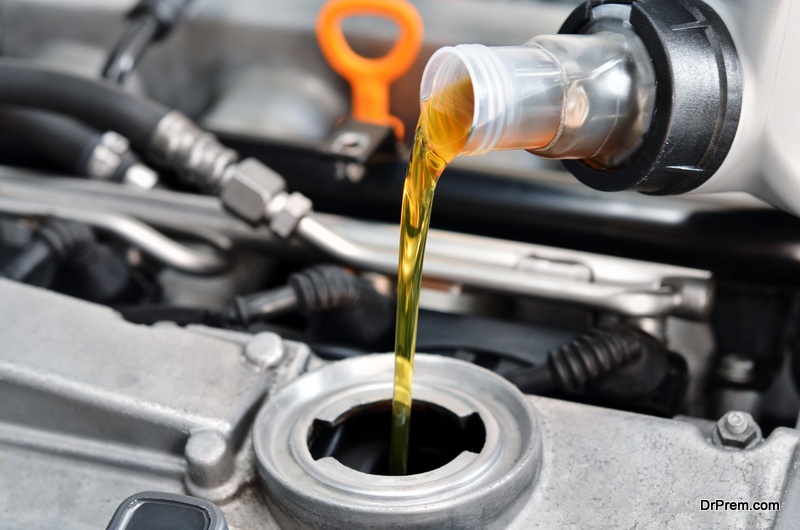
This little light alerts you that it’s time to get your engine checked. The longer you ignore it, the more costly it is likely to be.
In other words, if the ‘check engine light’ is beeping or glowing, take action. It might seem like a hassle. But it will be a less expensive hassle than waiting longer.
2. Check Brakes
Are you noticing odd squealing noises? If you’re hearing something screechy in your brakes, don’t delay. It’s time to get the brakes checked. Do this before you need to, or before you find that your brakes don’t do their job.
3. Check Tires
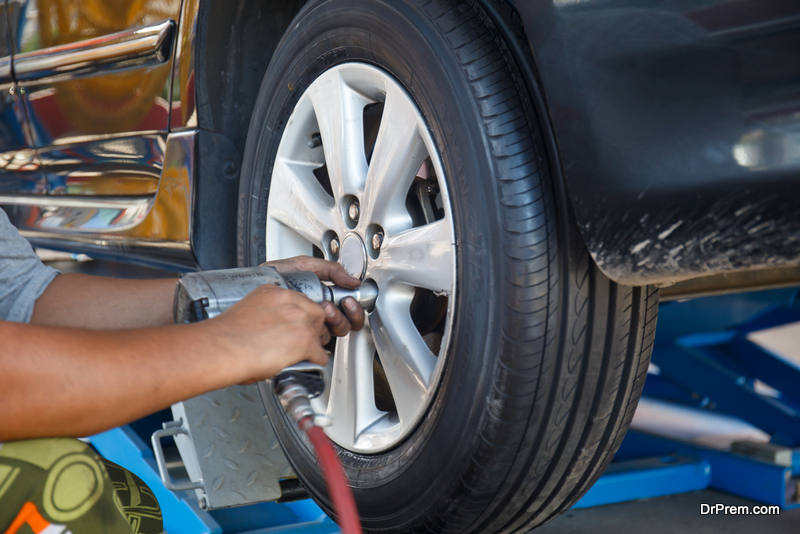
It makes sense to check the tire pressure. After all, your vehicle is relying on the tires to stay upright and safe. Underinflated tires can cause the car to pull to one side. Overinflated tires can also be dangerous and cause understeer.
Too little or too much air in your tires can shorten the lifespan of your tire. However, it’s a bit of a shot in the dark unless you have a tire pressure gauge. A gauge enables you to find the perfect amount of air pressure for your car, the road conditions, and the weather conditions.
4. Change Fluids
Car fluids need to be checked and refilled regularly. If you have been stalling or postponing, you could be looking at a more expensive repair down the line. You might think that changing fluids is silly, costly, or too time-consuming.
Keep in mind that fluids are necessary for your vehicle’s functioning. An imbalance in fluids can damage other parts of your car. If it’s been a while, get the fluids checked.
5. Check Oil
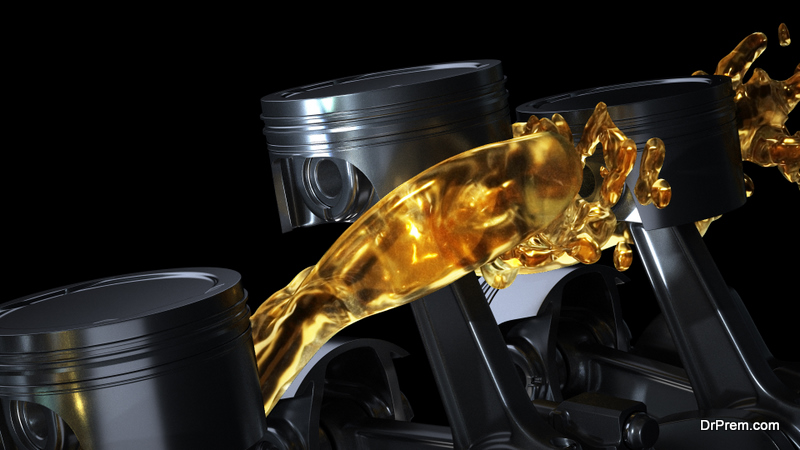
Traditional cars usually needed oil changes every 3,000 miles. Modern vehicles now typically require an oil change every 7,500 miles. However, the long gap in checking oil can drift towards even longer.
This habit of skipping regular oil changes can damage your car. Old oil can affect the car engine and ultimately create more expensive repairs.
As many companies change oil fluid, take action. Get the oil changed and checked regularly. You’ll help prolong the life of your car.
6. Scheduling Car Maintenance
How often should you schedule the service and maintenance of your vehicle?
The exact recommendations vary depending on how you use your car, the age and model of your car, and driving conditions.
Some of the important considerations include:
· Usage
How much do you drive? How many trips do you take per day? How many miles do you drive? Are you doing long-distance cruising or stop-and-go commuting?
· Climate conditions
What are the climate conditions? For instance, are you driving in a very hot or extremely cold climate?
· Road conditions
What type of road conditions are you experiencing? Are you driving in desert-like conditions? Are you driving on mountainous roads/
· Towing
Are you towing a horse trailer or a heavy load? Are you using your vehicle for hauling?
As a general guideline, more extreme conditions and use require more maintenance. Set up a service schedule to keep your car in top functioning condition.
Article Submitted By Community Writer


